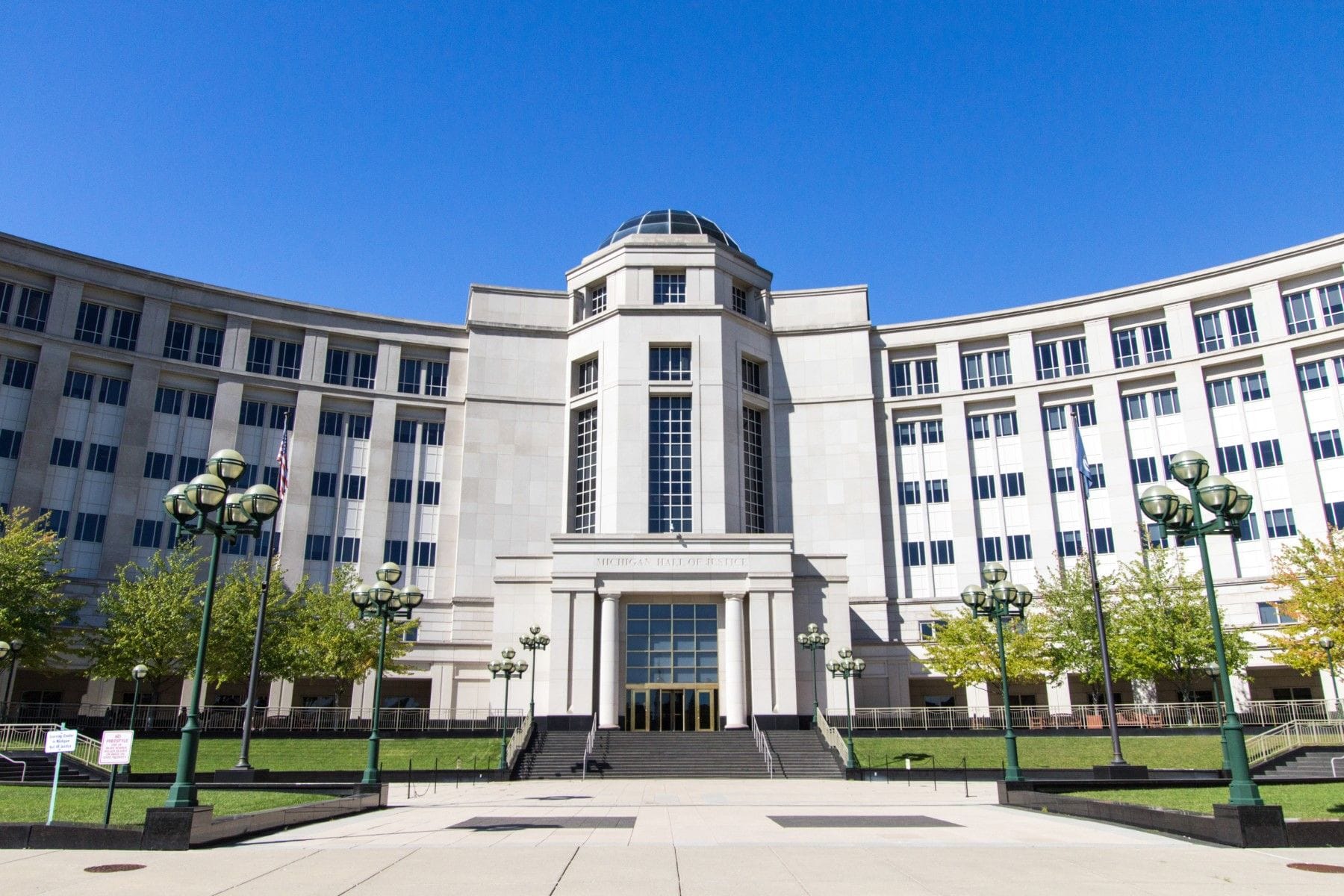Michigan Expert Witness Disclosure Requirements
Michigan's expert witness disclosures require timely, detailed information to ensure fairness and compliance with court rules, vital for effective litigation.
Updated on
In this article
When Are Expert Witness Disclosures Required in Michigan?
In Michigan, expert witness disclosures are governed by both state statutes and local court rules. The timing of these disclosures is critical to the litigation process. Under Michigan Court Rule (MCR) 2.302(B)(4), parties are required to disclose the identity of any expert witness they intend to call at trial. The initial disclosure must generally occur in accordance with the court's scheduling order, which is often established early in the case. This order typically mandates that expert disclosures occur several months before the trial date to allow adequate time for depositions and discovery.
Supplemental disclosures are also required when new information becomes available. According to MCR 2.302(E)(1), parties have a duty to supplement their disclosures in a timely manner. This means that if an expert's opinion changes or if new evidence emerges that impacts the expert's testimony, the party must update its disclosure promptly. The timing for supplemental disclosures is often determined by the court's specific scheduling order, emphasizing the importance of adhering to court-imposed deadlines.
Information That Must Be Included in the Disclosure
Michigan's rules require that expert witness disclosures contain detailed information to ensure transparency and fairness in the litigation process. The following elements typically must be included:
- Expert Qualifications: A comprehensive overview of the expert's credentials, including education, training, and professional experience relevant to the case.
- Opinions and Bases for Opinions: A summary of the expert's opinions and the underlying bases and reasons for these opinions. This includes any methodology used to reach the conclusions.
- Data Considered: A list of all data, documents, and other information the expert considered in forming their opinions.
- Fee Structures: A disclosure of the expert's compensation for their work on the case, including hourly rates and any contingent fee arrangements.
- Prior Testimony: A record of the expert's testimony in previous cases, if applicable, which may include depositions and trial appearances.
These requirements ensure that all parties have a clear understanding of the expert's role and the basis for their testimony.
Supplementing and Amending Expert Disclosures
The duty to supplement expert disclosures in Michigan is an ongoing obligation. Under MCR 2.302(E)(1), parties must update their disclosures if they learn that the information initially provided is incomplete or incorrect. This requirement is crucial to maintaining the integrity of the discovery process and ensuring that all parties have access to the most current information.
Failing to supplement or amend disclosures when required can have significant consequences. Courts may impose sanctions, such as precluding the expert from testifying or limiting the scope of their testimony. Therefore, parties must remain vigilant in monitoring any changes to their expert's opinions or the information underlying those opinions.
Consequences of Failing to Properly Disclose an Expert
Failure to properly disclose an expert witness in Michigan can lead to severe repercussions. One primary penalty is the exclusion of the expert's testimony, which can substantially weaken a party's case. Courts have the discretion to exclude testimony if a party does not comply with disclosure requirements, as highlighted in cases such as Grubor Enterprises, Inc. v. Kortidis, 2011 WL 4424348 (Mich. Ct. App. 2011).
Additionally, parties may face motions to strike the expert from the case or sanctions that could include fines or adverse jury instructions. These penalties underscore the importance of adhering to disclosure rules and timelines. Beyond the immediate legal consequences, failing to disclose an expert properly can also damage a party's credibility and strategic position in litigation.
State-Specific Rules and Key Considerations
Michigan's approach to expert witness disclosures has notable distinctions from the Federal Rules of Civil Procedure (FRCP). While both systems emphasize the importance of timely and complete disclosures, Michigan's rules provide particular emphasis on the court's scheduling order as the guiding framework for disclosure timelines. Legal professionals must be acutely aware of these local nuances to navigate the state's litigation landscape effectively.
Moreover, practitioners should be mindful of any additional requirements imposed by local court rules, which may vary between jurisdictions within Michigan. These rules can influence aspects such as the format of disclosures or additional information that must be provided. Staying informed about these specific regulations is essential for compliance and effective case management.
In conclusion, understanding and adhering to Michigan's expert witness disclosure rules is vital for legal professionals operating within the state. By ensuring timely and comprehensive disclosures, parties can mitigate the risk of sanctions and strengthen their litigation strategies. As the legal landscape continues to evolve, staying informed about state-specific rules and court decisions will remain a critical component of successful legal practice in Michigan.


